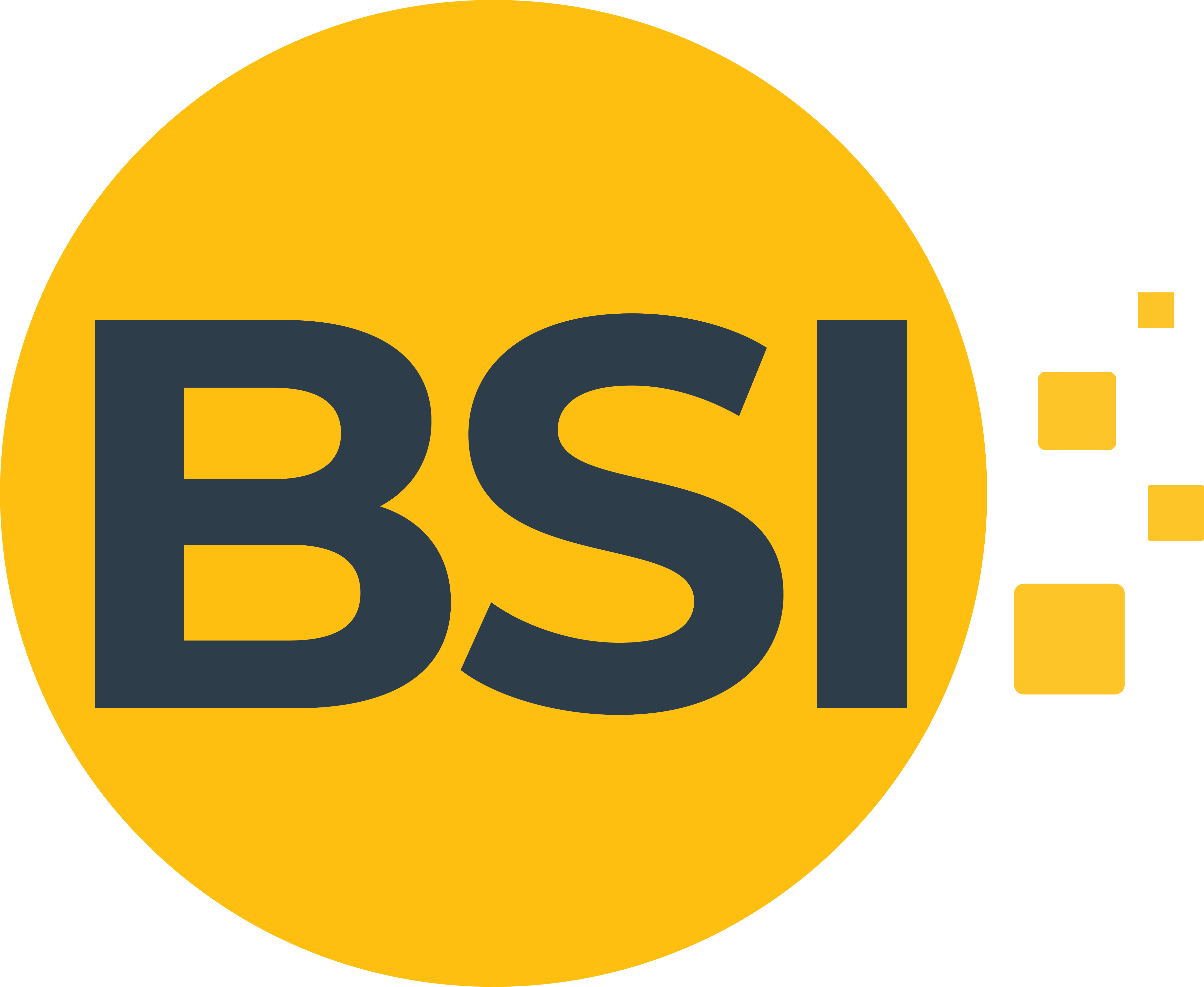
BSI - 20/7/2023
Blockchain technology has the potential to reshape and redefine healthcare in several ways, offering numerous benefits in terms of security, interoperability, transparency, and patient-centricity. Here are some key ways in which blockchain can immensely impact the healthcare industry:
Enhanced Data Security and Privacy: Blockchain’s decentralized and cryptographic nature makes it highly secure. Patient data can be stored in a tamper-proof manner, and access can be controlled through private keys. This helps protect sensitive medical information from data breaches and unauthorized access.
Interoperability and Data Sharing: Healthcare records are often fragmented across different providers and systems, making it difficult to share critical patient information. Blockchain can establish a unified and standardized way of storing and sharing data, improving interoperability between various healthcare entities.
Patient-Controlled Data: With blockchain, patients can have greater control over their health data. They can grant access to specific providers or researchers for a limited time, ensuring privacy while enabling data sharing for research and personalized treatment.
Clinical Trials and Research: Blockchain can facilitate secure and transparent sharing of clinical trial data, allowing researchers to access a broader range of information. This can accelerate medical research, enhance drug development, and improve patient outcomes.

Health Insurance and Billing: Blockchain’s transparency and auditability can help streamline insurance claims processing, reducing fraud, and administrative costs.
Smart Contracts: Blockchain-enabled smart contracts can automate and enforce agreements between different healthcare stakeholders, such as providers, insurers, and patients. This can lead to increased efficiency and reduced paperwork.
Credentialing and Licensing: Blockchain can simplify the process of verifying medical licenses and credentials for healthcare professionals, ensuring that only qualified individuals can access sensitive patient data.
Decentralized Health Records: Traditional health records are often stored in centralized databases, making them vulnerable to hacking and data breaches. By using blockchain, health records can be distributed across the network, reducing the risk of a single point of failure.
Medical IoT and Device Data: Blockchain can be utilized to securely store and share data from medical Internet of Things (IoT) devices, enabling real-time monitoring and better patient outcomes.
Supply Chain Management: In pharmaceuticals, blockchain can be used to track the entire supply chain, reducing the chances of counterfeit drugs entering the market and ensuring drug authenticity and safety.

- Selection of Right Blockchain Platform: Choose the appropriate blockchain platform that aligns with the requirements of your healthcare application. Public blockchains like Ethereum and Hyperledger Fabric for permissioned networks are popular choices for healthcare implementations.
Designing the Network: Determine whether you’ll be using a public, private, or consortium blockchain network. Depending on the use case, a private or consortium blockchain might be more suitable due to data privacy and regulatory concerns.
Integration with Existing Systems: Plan for a smooth integration of the blockchain solution with existing healthcare IT systems to avoid disruption and maximize efficiency.


- Pilot and Scale: Conduct pilot projects to test the blockchain implementation on a smaller scale before scaling up to the entire healthcare ecosystem. Evaluate the outcomes and make necessary improvements based on the pilot results.
- User Education and Adoption: Educate healthcare professionals, patients, and other stakeholders about the benefits of blockchain technology and how to use the new system effectively.
- Compliance and Regulation: Stay updated with the evolving regulatory landscape for blockchain in healthcare to ensure compliance with local and international laws.
Blockchain implementation in healthcare requires collaboration and engagement from all stakeholders, including healthcare providers, technology partners, patients, and regulatory authorities. By leveraging the benefits of blockchain technology, the healthcare sector can enhance data security, interoperability, and patient-centricity, leading to improved patient care and outcomes.


Recent Comments